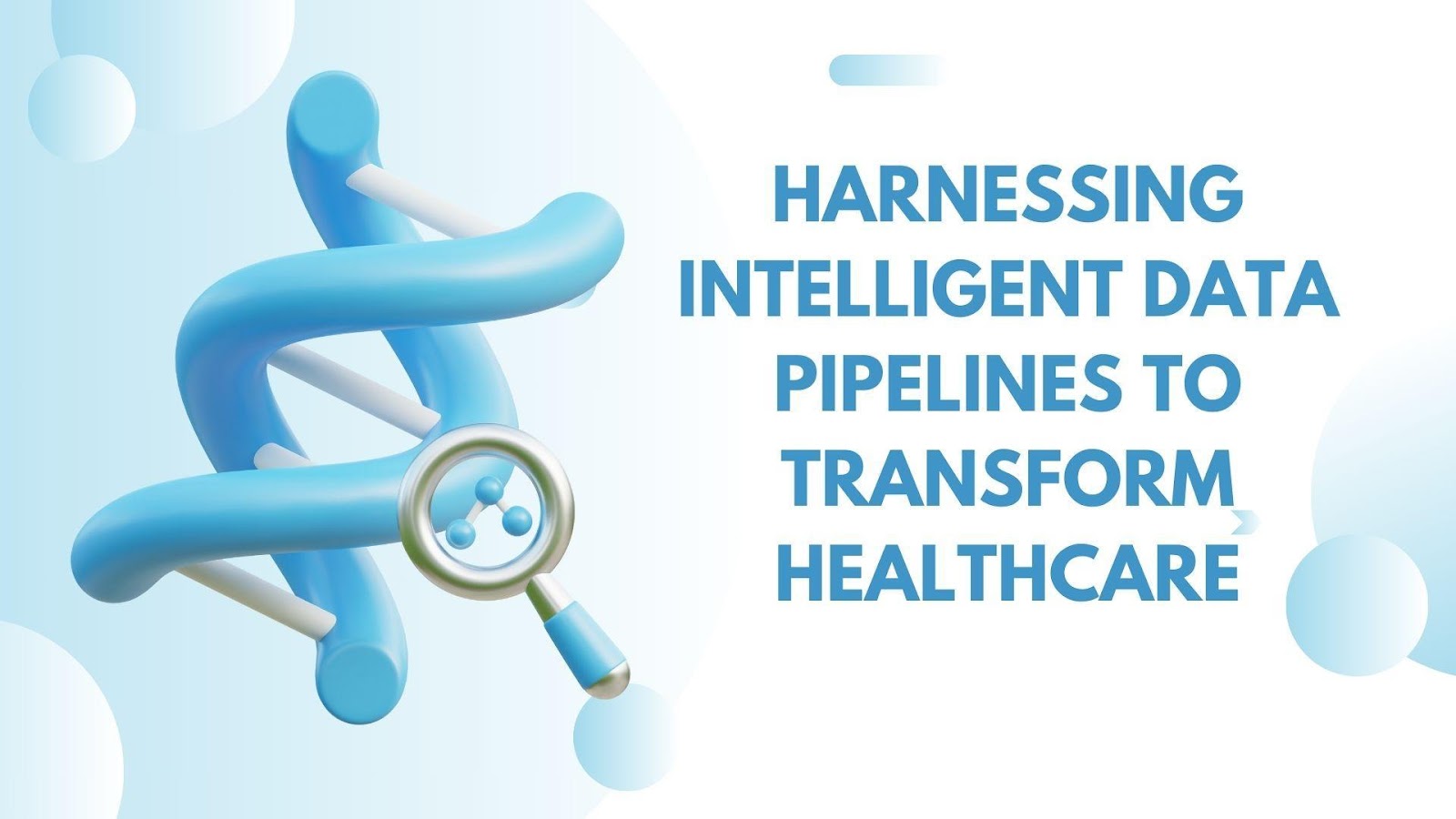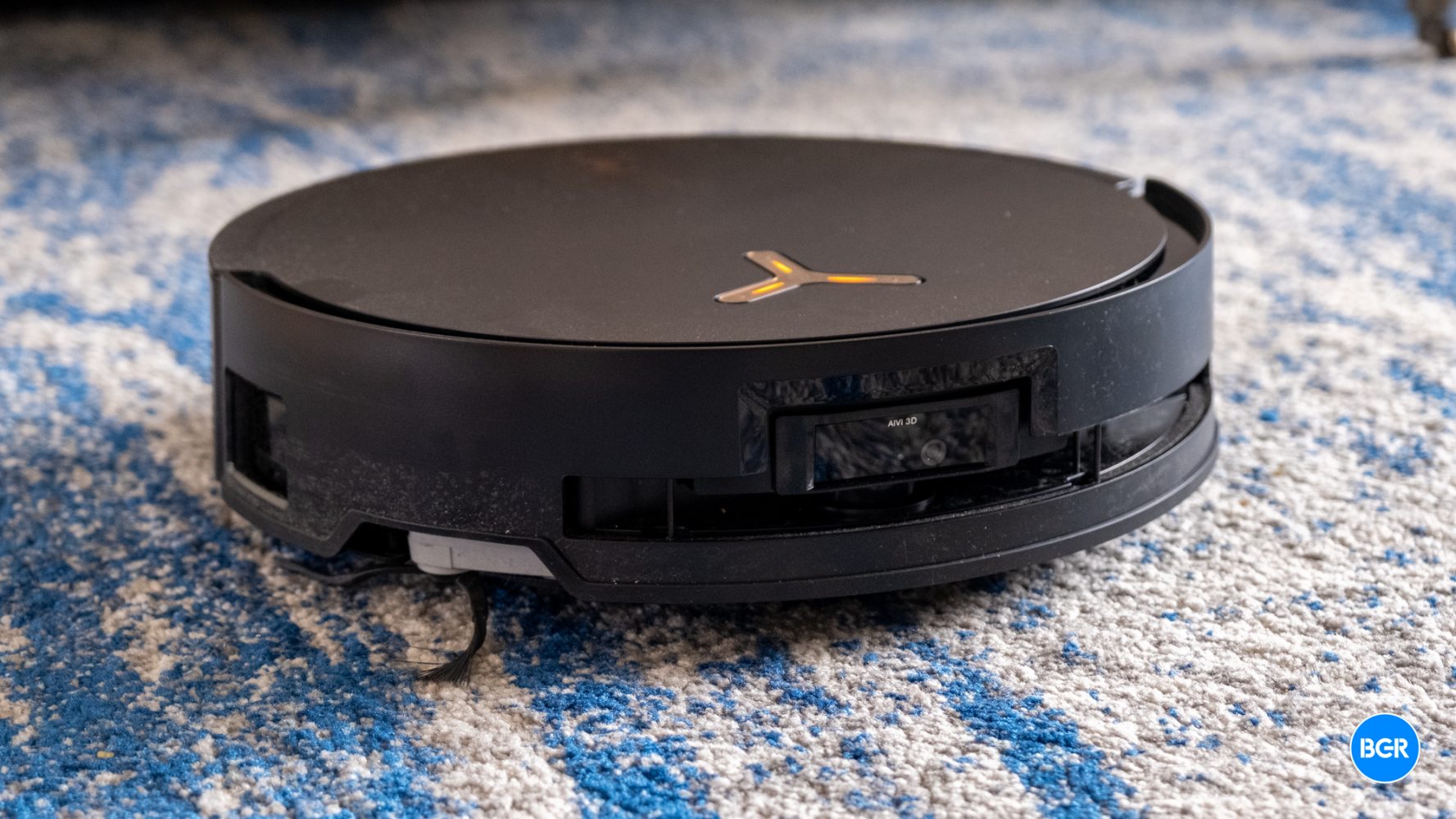Share Share Share Share Email Healthcare is undergoing a significant shift with the adoption of intelligent data pipelines and real-time analytics. These innovations enhance patient care, improve operational efficiency, and fortify data security. Sai Sravan Gudipati , a leader in data engineering, explores how advanced technologies are revolutionizing healthcare delivery in his latest research.
The Rise of Real-Time Healthcare Data Processing Traditional batch-processed electronic health records are being replaced by real-time data architectures, allowing healthcare providers to process and analyze massive datasets with unprecedented speed. Modern systems handle continuous streams of data from IoT devices, medical imaging platforms, and laboratory information systems, reducing critical condition detection times from hours to mere minutes. Enhancing Patient Monitoring with Machine Learning Predictive patient monitoring systems powered by machine learning are improving early detection rates for critical conditions.

These systems process millions of data points per patient daily, reducing false alarms by 72% and improving the accuracy of life-saving alerts. Hospitals leveraging such technologies report a 23% reduction in readmission rates and a significant decrease in emergency interventions. Revolutionizing Healthcare Data Architecture The shift to cloud-native healthcare infrastructures has led to a 64% increase in data processing efficiency and a 71% reduction in latency.
With hospitals managing over 665 terabytes of patient data, seamless integration of IoT devices, medical imaging, and clinical records ensures better diagnostics, faster decision-making, and improved patient outcomes. Advanced Security Measures for Healthcare Data Data security remains a top priority, with modern encryption and access control mechanisms reducing unauthorized access attempts by 91%. Multi-layered encryption secures patient data both at rest and in transit, while automated key management systems ensure compliance with evolving regulatory standards.
Additionally, AI-powered anomaly detection prevents potential security breaches before they occur. The Impact of Real-Time Clinical Decision Support Intelligent clinical decision support systems analyze laboratory results, patient histories, and medication records in real-time, reducing medical errors and optimizing treatment plans. These systems have demonstrated a 42% improvement in critical result notification times and a 52% reduction in medication-related errors through automated cross-checking.
Optimizing Alert Systems for Critical Patient Care Hospitals now deploy advanced alert management systems that categorize medical alerts based on urgency, reducing alert fatigue among healthcare professionals. By utilizing adaptive thresholding algorithms, these systems maintain a 93% detection sensitivity for critical events while significantly decreasing the number of false positives. The Future of Healthcare Data Pipelines The integration of AI-driven data pipelines is paving the way for next-generation healthcare solutions.
Future advancements will likely include AI-enhanced diagnostics, blockchain-based patient data management, and fully automated clinical workflows. As these technologies continue to evolve, they will further enhance patient safety, improve operational efficiency, and redefine the standards of modern healthcare. Expanding Telemedicine and Remote Patient Monitoring With the increasing demand for virtual healthcare services, intelligent data pipelines are playing a crucial role in expanding telemedicine capabilities.
Remote patient monitoring systems, integrated with real-time analytics, provide doctors with continuous insights into patient conditions, reducing unnecessary hospital visits and improving treatment adherence. These advancements have led to a 38% increase in early diagnosis rates and a 45% reduction in emergency room overcrowding. Driving Cost Savings and Efficiency The implementation of intelligent data pipelines has led to significant cost savings across healthcare institutions.
Automated workflows, AI-driven diagnostics, and real-time monitoring have contributed to reducing administrative burdens, minimizing resource wastage, and improving operational efficiency. Studies indicate that hospitals utilizing these technologies have saved an average of $3.8 million annually by preventing adverse events and optimizing patient care management.
Strengthening AI-Based Healthcare Analytics Artificial intelligence is driving new breakthroughs in healthcare analytics by improving predictive modeling and personalized treatments. AI-powered systems analyze vast patient datasets to identify trends and forecast potential health risks. These models have demonstrated a 47% improvement in predicting chronic disease progression and a 35% reduction in unnecessary medical tests, enhancing both efficiency and patient care.
In conclusion, Sai Sravan Gudipati highlights how the ongoing digital transformation in healthcare underscores the power of intelligent data pipelines in enhancing patient care and driving medical innovation. With continuous advancements, healthcare institutions are poised to deliver faster, more accurate, and secure medical services, marking a new era of technological excellence in the industry. Related Items: Healthcare , Sai Sravan Gudipati Share Share Share Share Email Recommended for you Revolutionizing Healthcare Through Digital Integration Revolutionizing Healthcare and Finance: The Power of Scalable, Secure Platforms Transforming Healthcare: The Power of Predictive Analytics and Machine Learning Comments.
Technology

Harnessing Intelligent Data Pipelines to Transform Healthcare

Healthcare is undergoing a significant shift with the adoption of intelligent data pipelines and real-time analytics. These innovations enhance patient care, improve operational efficiency, and fortify data security. Sai Sravan Gudipati, a leader in data engineering, explores how advanced technologies are revolutionizing healthcare delivery in his latest research. The Rise of Real-Time Healthcare Data Processing [...]The post Harnessing Intelligent Data Pipelines to Transform Healthcare appeared first on TechBullion.















